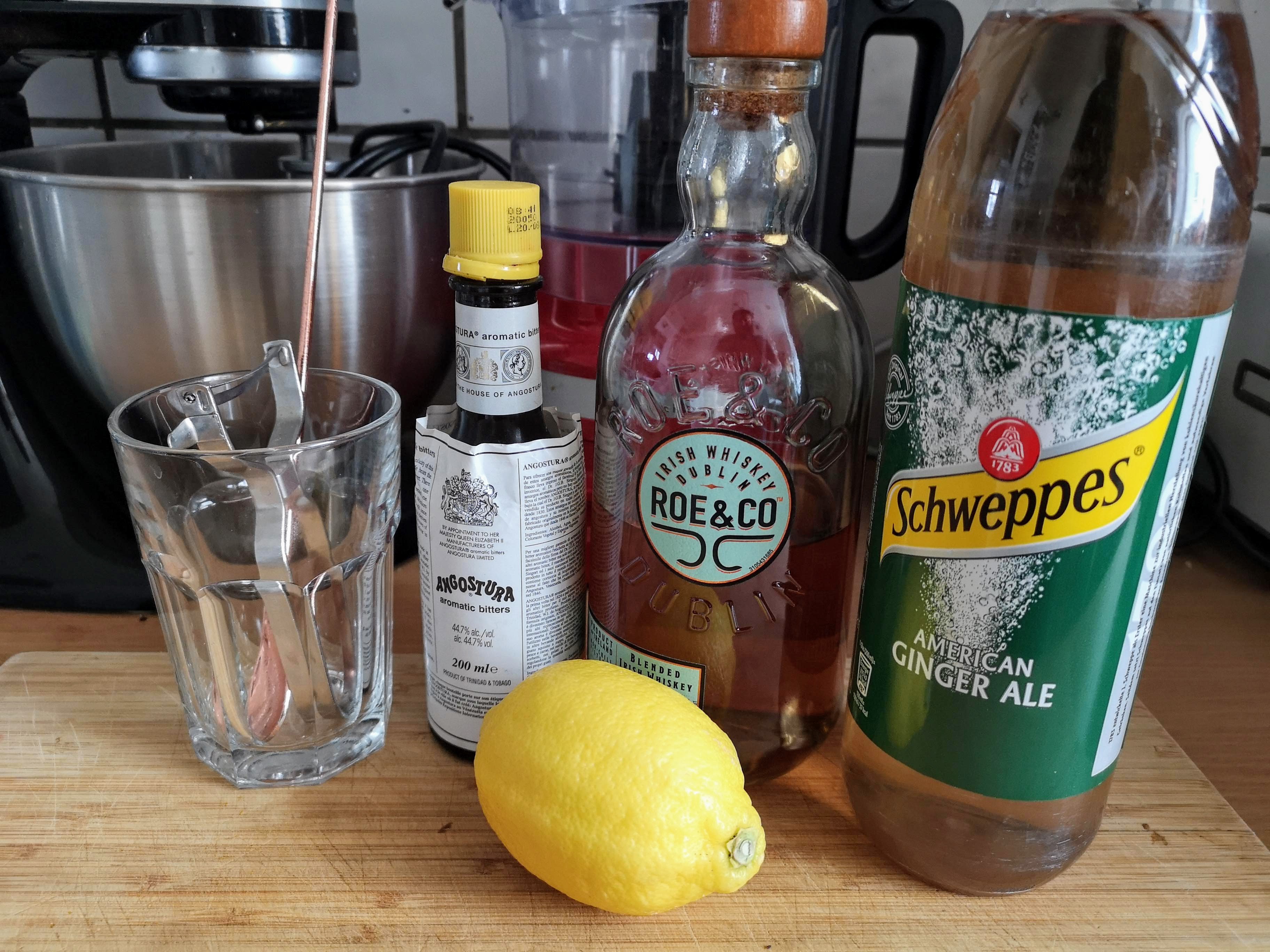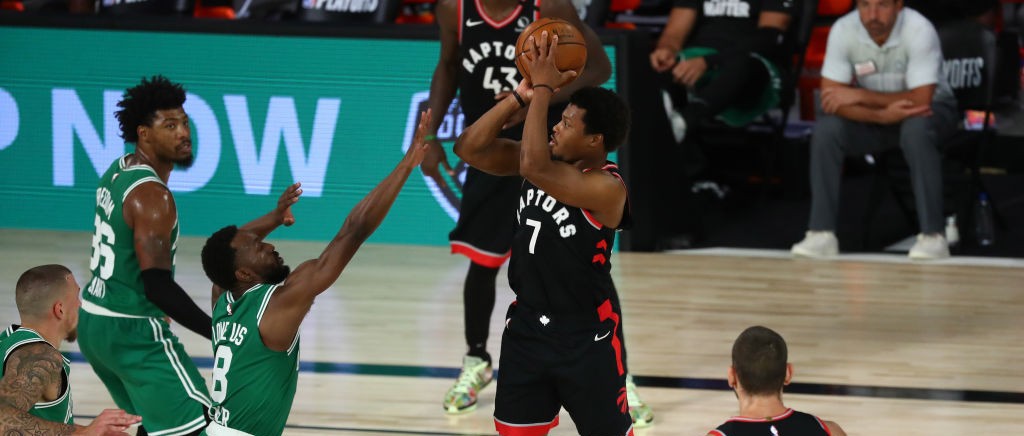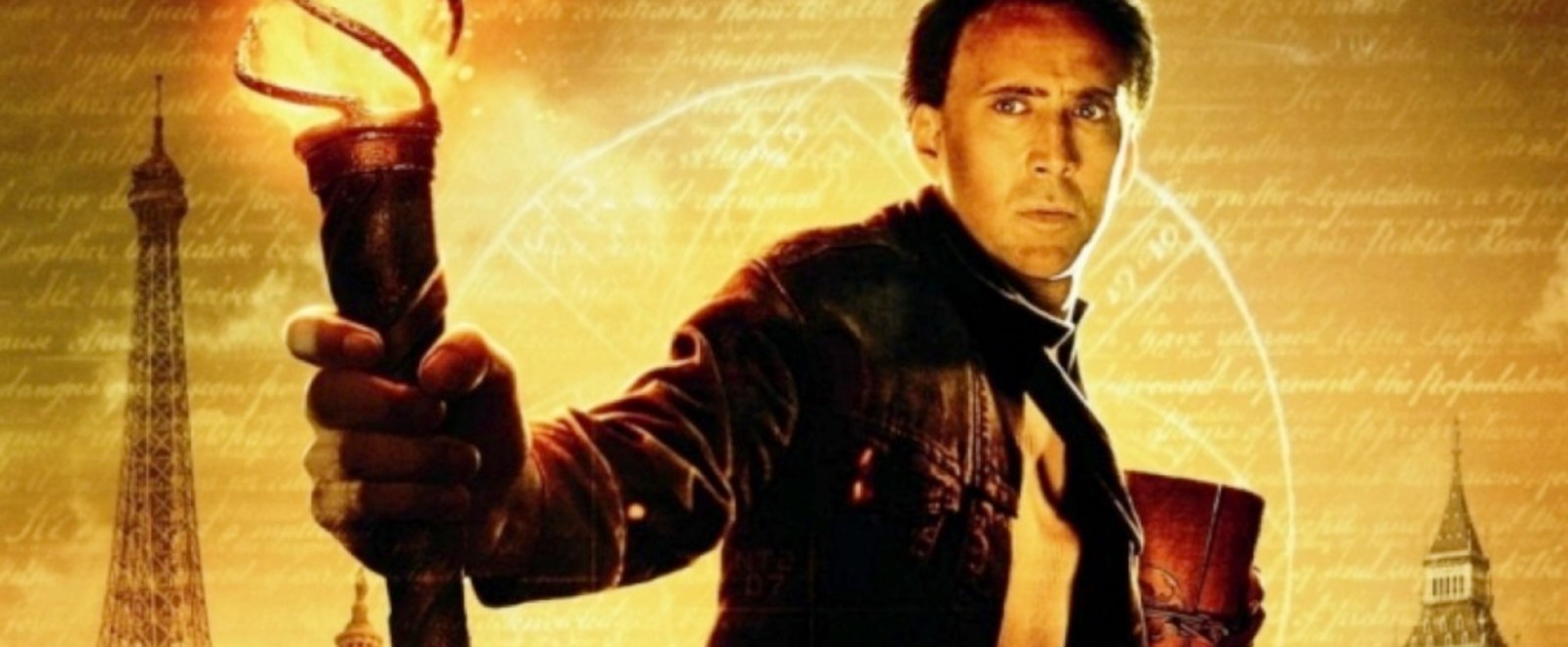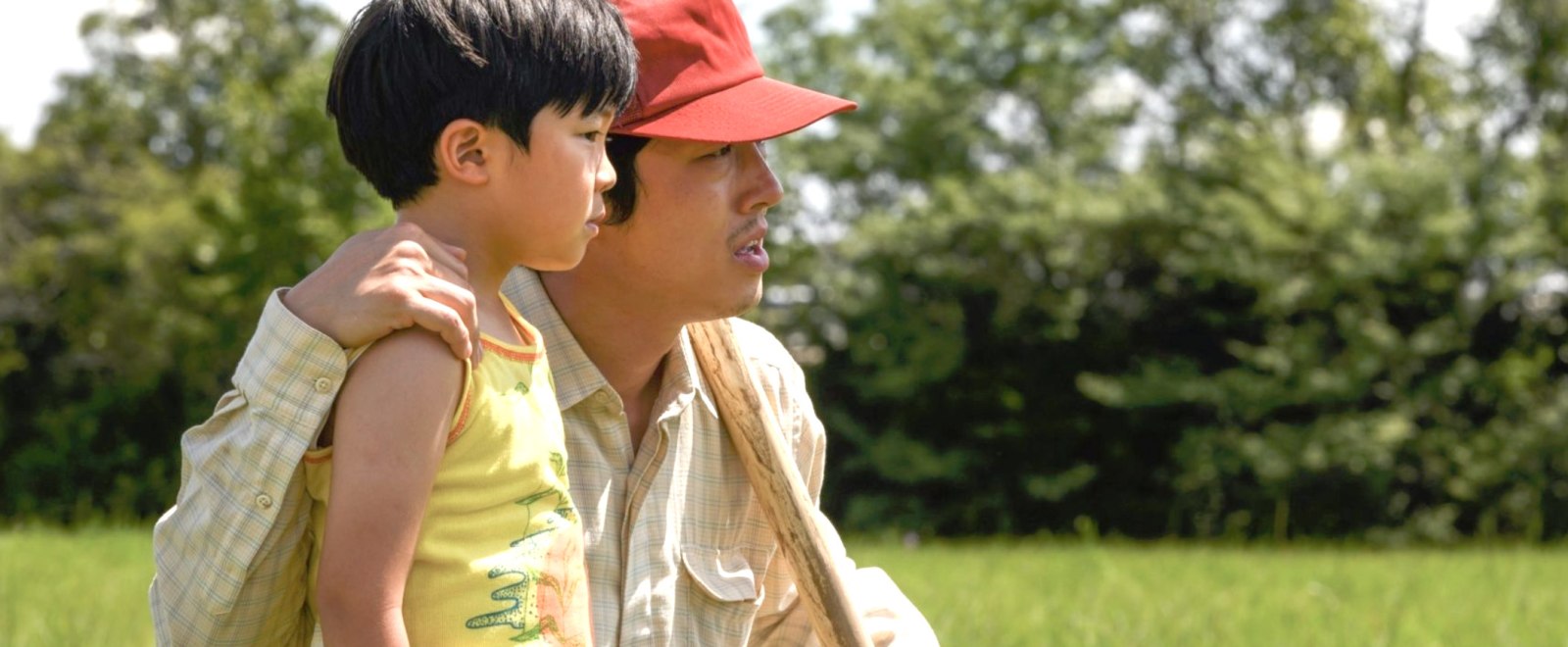
For years, the MCU has existed largely as a male-fronted franchise. Black Widow was, for a long period of time, the lone female Avenger, while popular characters with interesting histories like Wanda Maximoff or Pepper Potts were often relegated to side stories or love interests. Over the course of 23 films, as stories expanded, so too did character inclusion. The world saw new female superheroes in the form of Wakandan warriors, intergalactic aliens, and Norse legends. But no matter how much acclaim these heroes got, and no matter how much of a pop-culture splash they made, it was clear that the face of the MCU lay in the stories of its core characters — most of whom happened to be male superheroes.
That’s all about to change.
With “The Infinity Saga” in the rearview mirror and a fresh start already in progress called “Phase 4,” Marvel is finally giving their female superheroes their time in the sun — by putting them front and center in a way that they’ve never been seen before.
Consider WandaVision, the first new content the MCU has debuted since the global pandemic sidelined the industry over a year ago. The premise of the show may have been about Wanda and Vision (“a most unusual couple”) but the central storyline was squarely centered on Wanda Maximoff — and how her grief journey helped her towards officially accepting the mantle of “The Scarlet Witch.”
WandaVision wasn’t supposed to be the first Phase 4 entry — that honor belonged to the twice-delayed Black Widow solo film, which is currently on track to finally debut in July. But thanks to COVID, the MCU ended up adjusting their content slate, pushing Wanda’s show to the forefront. Serendipitously, it still does the job that Natasha Romanoff’s film was destined to do: kick off a new decade of how women are handled and treated in the MCU.
After watching WandaVision, it’s clear that Wanda’s side-story days are over, and that the character will be a massive player in her next film (Doctor Strange in the Multiverse of Madness). Similarly, it’s clear from interviews and trailers that Black Widow will no longer be relegated to a supporting role or someone whose history we have to wonder about; the movie will explore the full backstory of a character who for so long, has existed in the shadows.
Over the next few years, audiences will see Monica Rambeau come into her own — after discovering her powers in WandaVision — in Captain Marvel 2. They’ll meet America Chavez, a portal-smashing Latino in Doctor Strange in the Multiverse of Madness, and they’ll see Jane Foster finally wield Mjolnir in Thor: Love and Thunder. On the small screen, female superheroes such as She-Hulk, Ironheart, Ms. Marvel, and Kate Bishop will headline a majority of the upcoming Disney+ shows, as they take up the mantles of their male successors and emerge as the next leading Avengers.
Of course, as much as Kevin Feige deserves acknowledgment for championing and pushing character stories over the years, we should also give credit where credit is due. And that lies in the fact that over the last 5-7 years, the comic industry has changed drastically alongside the film franchise. Writers and artists have introduced a new and diverse slate of characters or fresh takes on outdated favorites and it’s not a coincidence that a majority of these characters or storylines from the past few years – like Hawkeye, Ms. Marvel, and America Chavez — are the ones who have been chosen to be incorporated into these upcoming properties.
In Avengers: Endgame, as Thanos reigns destruction upon the battlefield, Captain Marvel steps in to rescue the Infinity Gauntlet from Spider-Man – who promptly asks how she’s going to get it through Thanos’ massive army.
“Don’t worry,” says Wanda Maximoff, appearing beside Carol.
“She’s got help,” Okoye adds, stepping in.
As the three superheroes advance on the battlefield, they’re joined by Wasp, Pepper Potts (in Rescue gear), Mantis, Nebula, Gamora, Valkyrie, and Shuri. The scene is one that has been somewhat contested on social media for being “performative,” with arguments that many of the characters hadn’t ever interacted before this moment and therefore it existed solely to please the audience. But no matter how you personally feel about the scene, it’s an empowering, rousing moment that signifies just how far the MCU has come from the days of one lone female Avenger fighting aliens in midtown Manhattan with a tiny pistol surrounded by five men.
And it’s the perfect launchpad for looking at the MCU’s future.


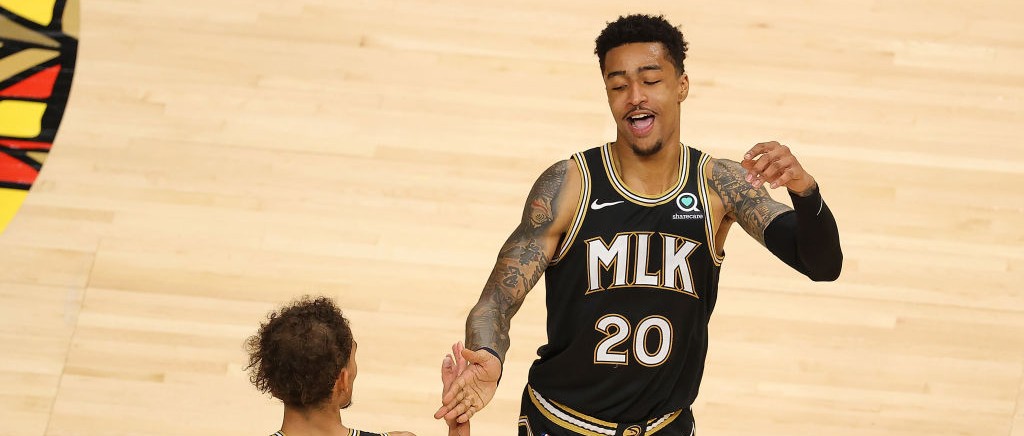
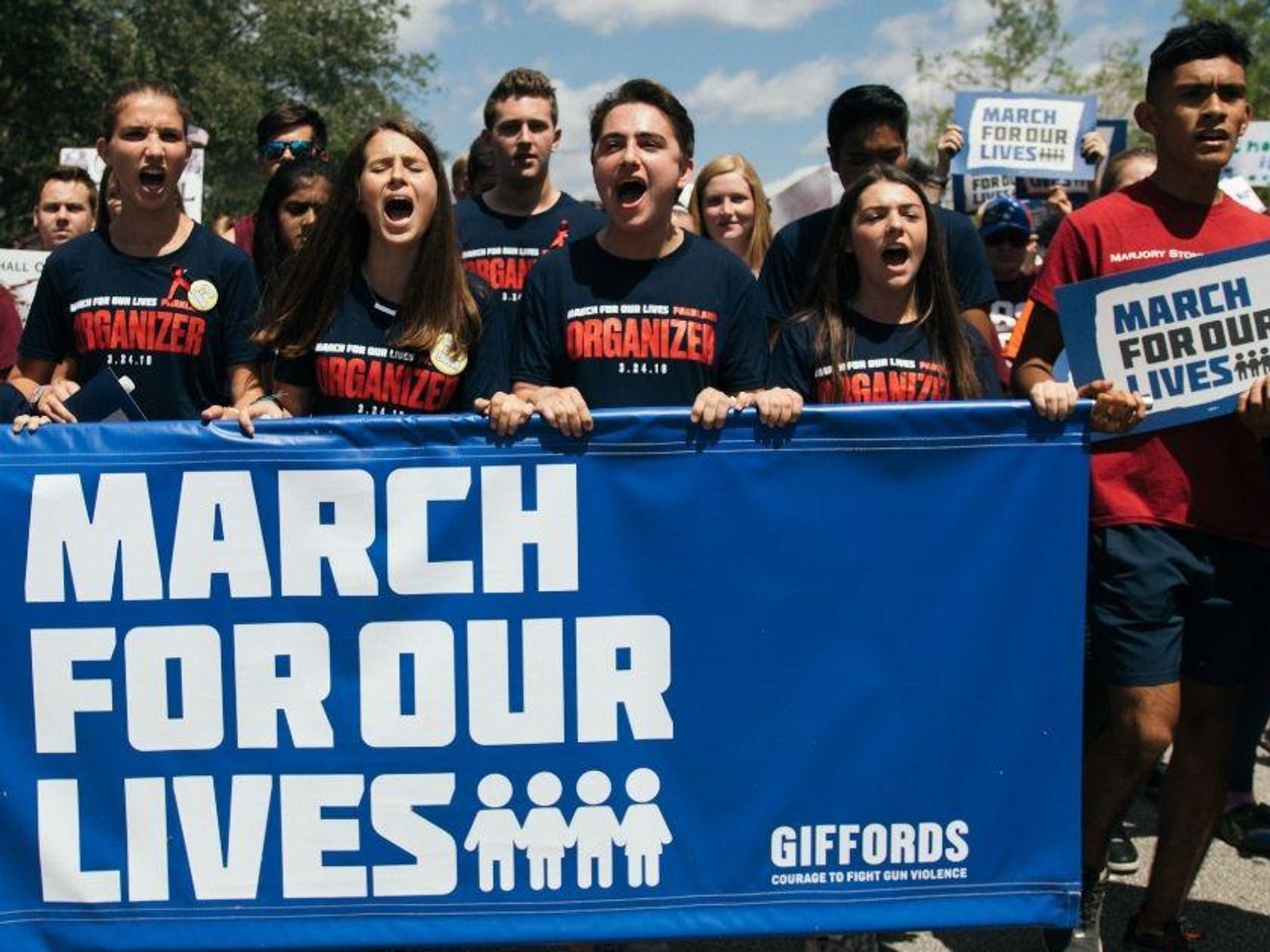
 Upworthy
Upworthy Upworthy
Upworthy

